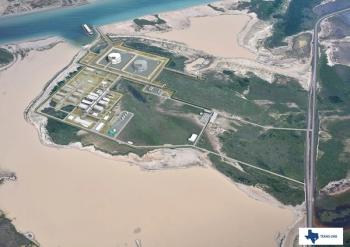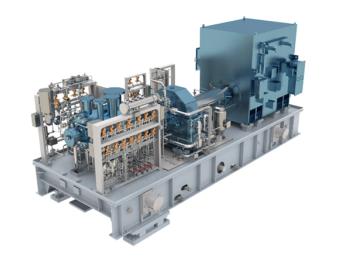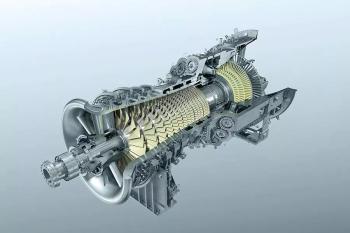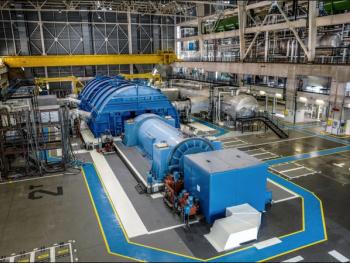
Software helps distributed generation band together as a power plant
Municipal utilities play an important role in providing a sustainable energy supply in Germany. With their regional base, they are perfectly positioned to coordinate the increasing decentralization of power generation so that all participating market partners can gain the greatest possible benefit from renewable energy sources or the cogeneration of heat and power.
Virtual power plants are available as an important resource to support this. An energy management system controls and optimizes the distributed generation plants. However, the costs required to set up and operate small virtual power plants so that they can participate in the energy and balancing power markets frequently exceeds the economic benefits. That’s why small and medium-sized municipal utilities in particular often dispense with this technology, and so they are unable to offer adequate products to their customers who operate the distributed generation plants.
Siemens provides a remedy for this dilemma with its new cloud-based Web service for virtual power plants. In a cloud-based system, functions are performed by linking a large number of computers over the internet. Based on the energy management system DEMS, which is already used in a large number of virtual power plants, the new version manages with just the basic functions. This includes communication interfaces for the distributed power generation plants, generation forecasts, and aggregation functions as well as a Web portal through which owners of distributed plants can release their generated power for marketing in the virtual power plant network.
With DEMS Compact, the Siemens Smart Grid Division can provide municipal utilities with a cloud-based Web service for virtual power plants. This service enables the utilities to interconnect their customers’ small distributed-energy resources together and offer the bundled power to operators of a large virtual power plant for marketing. Because the standard functions of the Siemens energy management system DEMS are adequate for setting up a small virtual power plant, software license costs are reduced. Another advantage of the cloud-based Web service is that there are no costs incurred for the computer hardware that is otherwise required. Siemens will be offering this service starting in early summer 2014. The company will prove the service jointly with RWE, which operates one of the major virtual networks. Here the Web service will initially support direct marketing and the use of distributed energy resources in the minute reserve range.
“With the cloud version of our distributed energy management system DEMS, municipal utilities can generate attractive revenues with their own individual consumption and generation capacities and at the same time play a role in developing the energy system of the future,” said Jan Mrosik, CEO of the Siemens Smart Grid Division. “As partners in our virtual power plant network, municipal utilities can reduce costs for smaller virtual power plants and substantially increase the economic benefits through our marketing on the energy markets,” said Andreas Breuer, Head of New Technologies/Projects, RWE Deutschland AG.
Newsletter
Power your knowledge with the latest in turbine technology, engineering advances, and energy solutions—subscribe to Turbomachinery International today.




